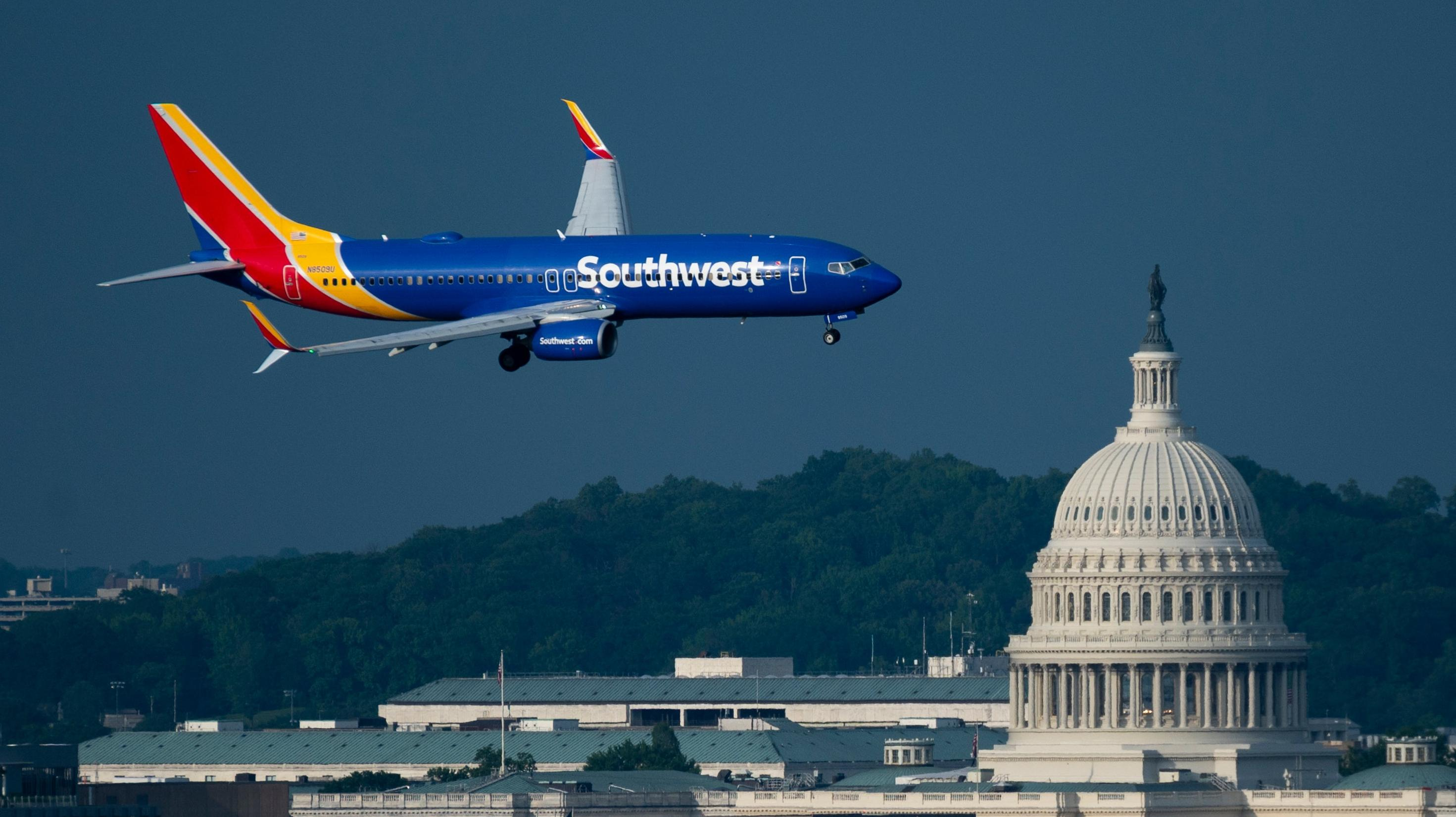Don't Let Airlines Stiff You On Getting An Automatic Cash Refund
The USDOT's new rules on automatic refunds only apply when you turn down alternative compensation
The days of hoping for bonus miles and airline credit when your flight gets canceled are over. The U.S. Department of Transportation's new rules on airline refunds came into full effect on Tuesday. Every carrier is now required to automatically refund customers for canceled and significantly delayed flights. The new rule also mandates refunds on paid-for perks such as inflight wi-fi.
Passengers should be aware that they are entitled to cash refunds within seven business days for credit card purchases, but only if they turn down alternative compensation from the airlines. The automatic refund period stretches out to 20 days when other forms of payment are used. I won't be surprised if the carriers make people jump through hoops to reject the typical credits and miles offer before the window closes. In the announcement in April, Transportation Secretary Pete Buttigieg said:
"Passengers deserve to get their money back when an airline owes them – without headaches or haggling. Our new rule sets a new standard to require airlines to promptly provide cash refunds to their passengers."
While it's clear-cut when a flight is canceled, a significant change is a vague term on the surface. For clarity, the USDOT defines a significant change as:
-
A three-hour delay (or early departure) on domestic flights
-
A six-hour delay (or early departure) on international flights
-
A change of departure or arrival airport on an itinerary
-
The addition of connection points on an itinerary
-
A downgrade to a lower class of service
-
A change in connection airports for passengers with a disability
-
A substitution of aircraft that makes an accessibility feature unavailable for passengers with a disability
Federal regulators moved the standard for airline consumer protections significantly over the past few years. However, there are still plenty of ways that airlines can circumvent the rules if you aren't aware of them.
